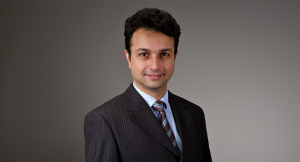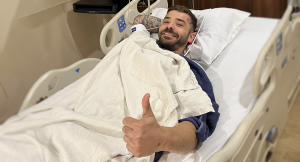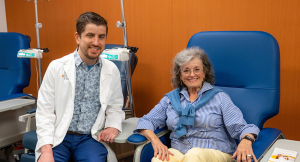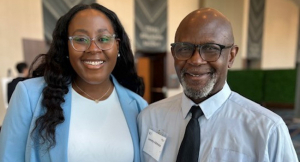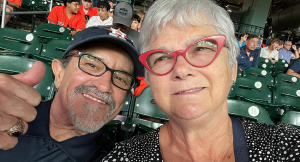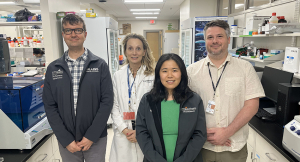- Find a Doctor/Provider
- Find Locations
- Patient Care
Patient Care
UT Physicians provides primary and specialty care for patients of all ages. We have over 2,000 health care providers with expertise in more than 80 specialties and subspecialties. From routine visits to advanced services, our physicians practice at more than 100 locations across the Greater Houston area. Find the care you need and schedule an appointment with us today.
- Patient Information
New Patient?
If you are a patient of UT Physicians, the information below outlines our process and facilities to facilitate a relaxed and successful experience.
Billing
Patient Services
1-855-877-2808
Customer Service Hours
Mon – Thu, 8 a.m. to 8 p.m.
Fri, 8 a.m. to 5 p.m.
Sat, 9 a.m. to 1 p.m.
CST time zone
- Why UT Physicians
With more than 2,000 clinicians certified in more than 80 medical specialties and subspecialties, UT Physicians provides multispecialty care for the entire family.
Play Video about Why UT Physicians Video
- Careers
News & Articles
UTHealth Houston Research
December 3, 2024
Written By: Laura Frnka-Davis | Updated: December 3, 2024
A new UTHealth Houston study focused on finding the best surgical technique for reconstruction of the acromioclavicular joint (ACJ), where the collarbone meets the shoulder blade, has the potential to enhance recovery and long-term shoulder health for young athletes.
November 25, 2024
Written By: Jeannette Sanchez | Updated: November 25, 2024
After graduating EMT school in 2014, Luke was fully prepared to take the call to help people and families in need. But one thing he didn’t prepare for was to be the one on the other end of the line asking for help.
October 22, 2024
Written By: Deborah Mann Lake | Updated: October 22, 2024
A device that delivers direct stimulation to the brain was found to be a safe and effective means of treating depression at home, according to a new study by researchers at UTHealth Houston; the Institute of Psychiatry, Psychology & Neuroscience at King’s College London; and the University of East London.
October 10, 2024
Written By: Deborah Mann Lake | Updated: October 10, 2024
Ashley Hallock, 35, describes the day she joined a clinical trial studying stem cells for bipolar disorder as the most important day of her life. “For me, it was a godsend,” she said.
October 9, 2024
Written By: Deborah Mann Lake | Updated: October 9, 2024
Improving clinical outcomes in stroke patients by closing a gap between successful re-opening of a blocked vessel through endovascular surgery and a reduction of disability is the focus of a $2.5 million grant awarded to UTHealth Houston researchers.
October 7, 2024
Written By: Jeannette Sanchez | Updated: October 7, 2024
UTHealth Houston is the first institution in Houston to administer an FDA-approved drug, Kisunla (donanemab-azbt), for the treatment of early symptomatic Alzheimer’s disease. The recipient, 79-year-old Terrie Frankel, received the infusion last week.
September 26, 2024
Written By: Office of Public Affairs | Updated: September 26, 2024
From the outside, there is nothing about successful, busy attorney Brenda Adimora that hints at a disease she has fought all of her life. She maintains an active practice as a labor and employment attorney and was chair of the board of trustees of the Houston Young Lawyers Foundation.
September 26, 2024
Written By: Sydney Lowther | Updated: September 26, 2024
Since he could remember, Jesus Mata has always had a cough he could not seem to kick. He had no idea that his simple cough was a sign of a serious and life-altering illness.
September 25, 2024
Written By: Laura Frnka-Davis | Updated: September 25, 2024
Findings of a study on a novel and minimally invasive laser therapy for patients with drug-resistant epilepsy caused by periventricular nodular heterotopia (PNVH) have been published by UTHealth Houston researchers in American Neurological Association’s Annals of Neurology.
September 19, 2024
Written By: Deborah Mann Lake | Updated: September 19, 2024
Studies by researchers at UTHealth Houston seeking to understand the underlying pathology of Alzheimer’s disease in order to discover new pathways to treatment have earned multiple awards totaling $3.5 million from the Texas Alzheimer’s Research and Care Consortium (TARCC).

